Read Local BC is a project to celebrate the extraordinary depth of BC publishing. The campaign features publishers, authors, bookstores and libraries from across the province.
To support this project, the BCIT Library is showcasing some open textbooks as well as BCIT authors from October 28 to November 7, 2016. Come check them out at the 2nd floor of the library.@ABPBC @bcit @bcitlib #readlocalbc
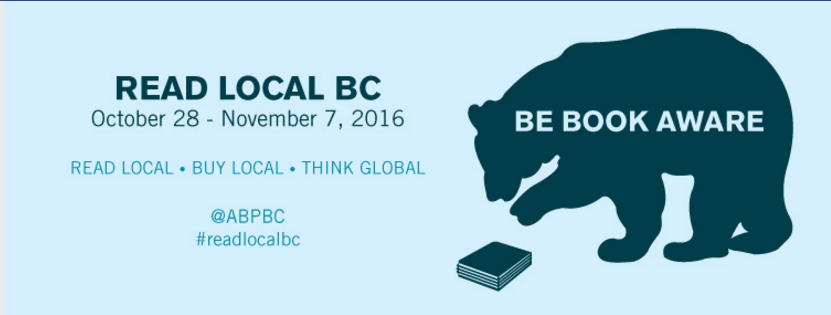
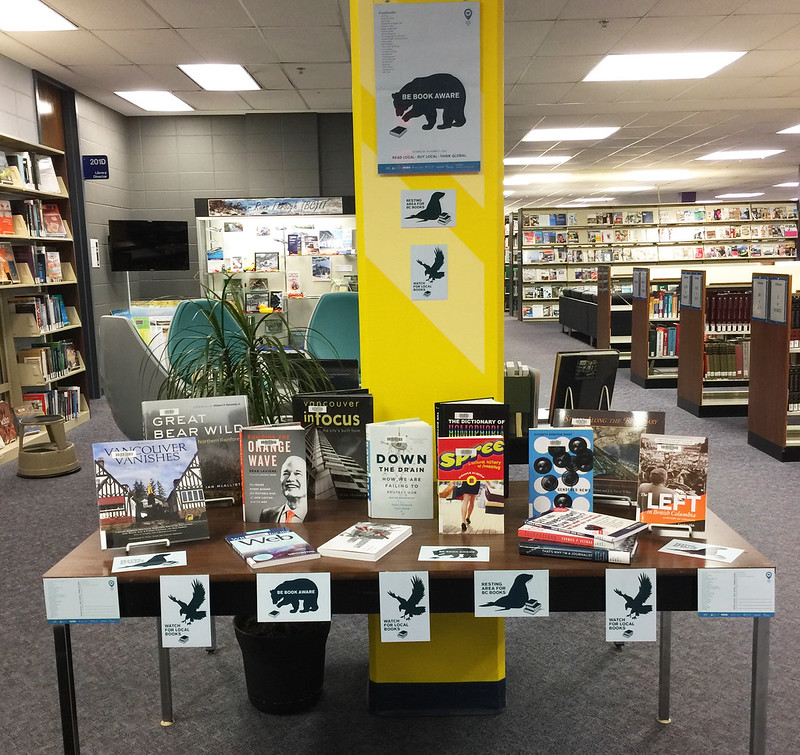
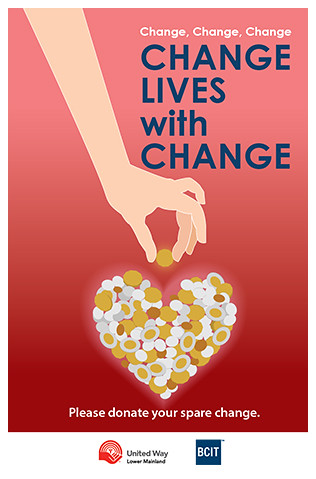











 Periodic Table Writer
Periodic Table Writer
 Wikipedia Edit-a-Thon
Wikipedia Edit-a-Thon

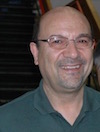


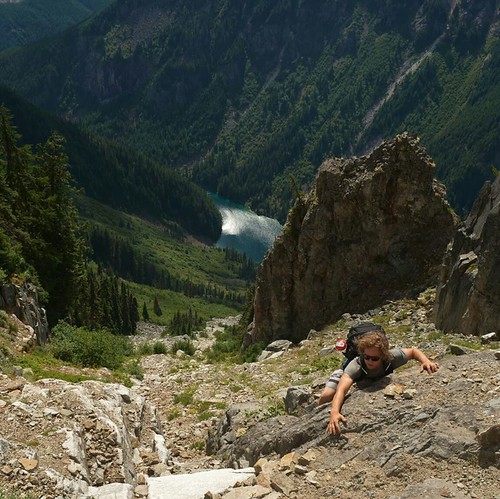 Name: Clark Friesen
Name: Clark Friesen